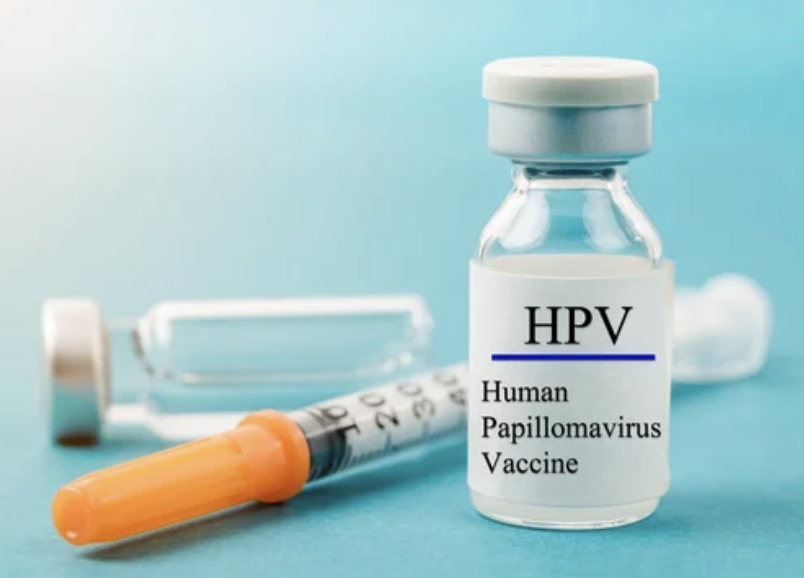This research represents the largest analysis to date examining the connection between chronic inflammation and mental health

Well Woman Today
At Well Woman Today, our mission is to equip health care professionals with the knowledge, tools, and resources needed to provide competent care for women across all stages of life. As an extension of Urban Health Today, we are dedicated to addressing the unique health challenges faced by all women, ensuring that HCPs are well-informed and prepared to support their patients effectively.
Advertisement
A May 2024 review by NIH researchers marks the 30-year milestone of the Women's Health Initiative (WHI).
Hormonal changes during the menopausal transition directly impact hair follicles and contribute to various types of hair loss
Research has provided insights into the molecular mechanisms driving this disease
The findings challenge common assumptions about aging and sexual function.
A Swedish national study provides new evidence for graduated neonatal risks associated with advancing maternal age.
This research addresses a critical gap in prenatal care, as some women develop preeclampsia despite aspirin prophylaxis.
Sleep disturbance commonly triggers migraine attacks in the predominantly female patient population.
The large-scale study followed over 18,000 women for an average of six years, finding that 23% showed signs of BAC
ADHD status, female sex, and younger age are potential risk factors for prolonged recovery from sport-related concussion.
The researchers propose that consuming seasoned foods may expose vulvar tissue to allergens through excretion in urine












 © 2025 Mashup Media, LLC, a Formedics Property. All Rights Reserved.
© 2025 Mashup Media, LLC, a Formedics Property. All Rights Reserved.